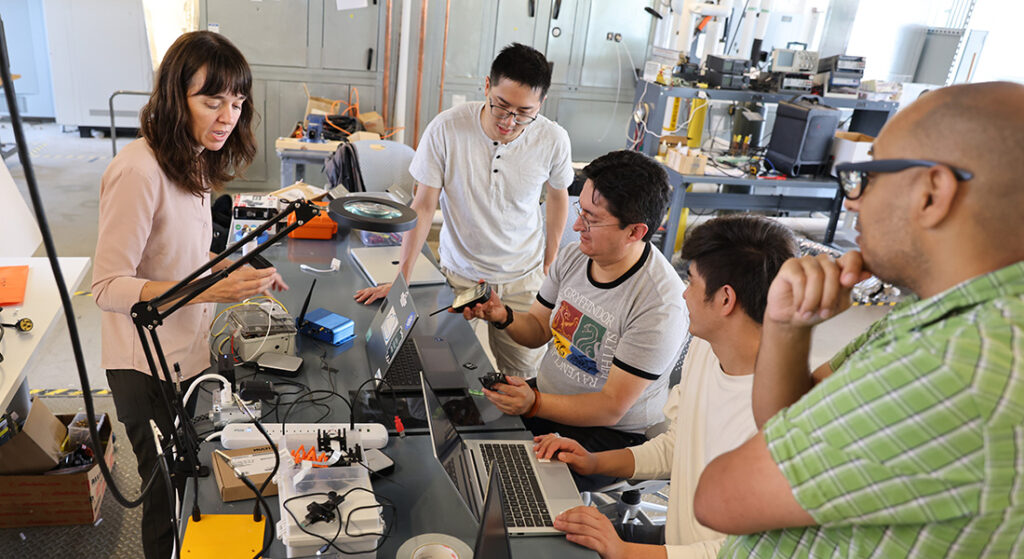New Study Reveals OzoneÔÇÖs Hidden Toll on AmericaÔÇÖs Trees
A new nationwide study reveals that ozone pollutionÔÇöan invisible threat in the airÔÇömay be quietly reducing the survival chances of many tree species across the United States. The research, published in the Journal of Geophysical Research: Atmospheres is the first…



